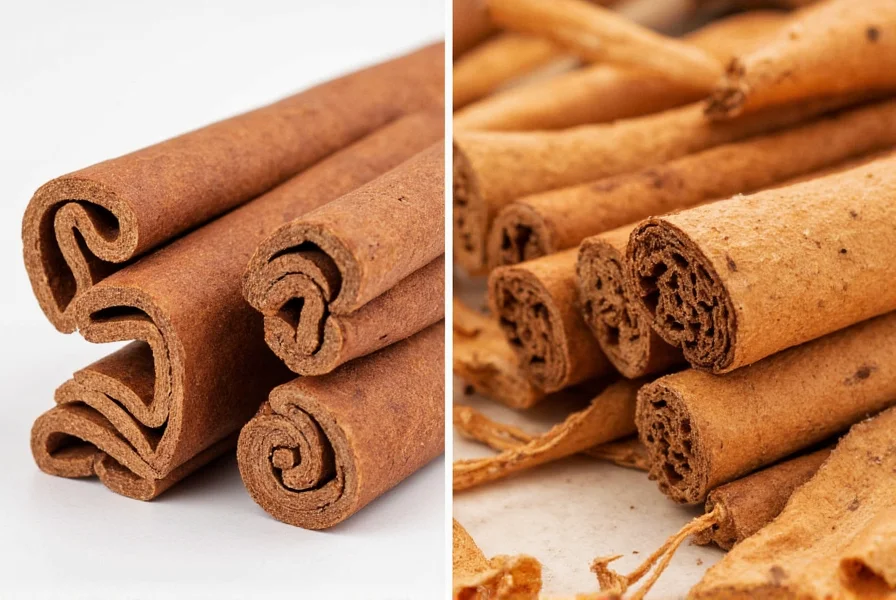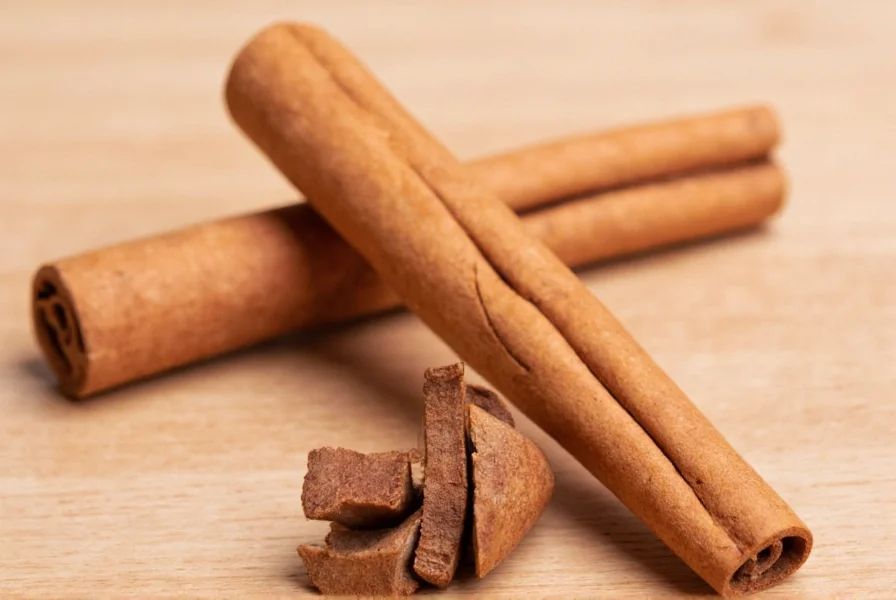Diabetes management often leads people to explore complementary approaches alongside conventional treatments. Cinnamon has gained attention as a potential natural aid for blood sugar regulation, prompting many to ask: can this common kitchen spice genuinely help with diabetes management?
The Science Behind Cinnamon and Blood Sugar
Researchers have identified several compounds in cinnamon that may influence glucose metabolism. The spice contains cinnamaldehyde, which gives cinnamon its distinctive flavor and aroma, along with polyphenols that demonstrate antioxidant properties. These components appear to enhance insulin sensitivity and slow carbohydrate breakdown in the digestive tract.
Two primary varieties exist: Ceylon cinnamon (Cinnamomum verum), often called "true cinnamon," and the more common Cassia cinnamon (Cinnamomum cassia). Ceylon contains significantly less coumarin, a compound that can cause liver damage in high doses, making it the preferred choice for regular consumption.

What Research Says About Cinnamon for Diabetes
A 2023 meta-analysis published in Nutrition Reviews examined 16 randomized controlled trials involving over 1,200 participants with type 2 diabetes. The analysis found that cinnamon supplementation reduced fasting blood glucose levels by an average of 24.59 mg/dL compared to control groups. However, the researchers noted substantial variability between studies, with some showing no significant effects.
Another systematic review in the Journal of Clinical Endocrinology and Metabolism reported that cinnamon doses between 1-3 grams daily for 8-12 weeks produced the most consistent improvements in HbA1c levels. Higher doses didn't necessarily yield better results, and benefits typically plateaued after 12 weeks of continuous use.
| Study Duration | Average Dose | Fasting Glucose Reduction | HbA1c Change |
|---|---|---|---|
| 8 weeks | 1g/day | 10.2 mg/dL | -0.12% |
| 12 weeks | 3g/day | 24.7 mg/dL | -0.35% |
| 16 weeks | 6g/day | 29.1 mg/dL | -0.41% |
| 24 weeks | 3g/day | 18.3 mg/dL | -0.22% |
Practical Considerations for Diabetes Management
While research shows promise, several important factors affect cinnamon's potential benefits for blood sugar control:
Cinnamon Type Matters
Cassia cinnamon contains higher levels of coumarin, which can cause liver toxicity with prolonged use. For regular consumption, Ceylon cinnamon provides similar potential benefits with significantly lower coumarin content. Most clinical studies demonstrating positive effects used Ceylon varieties.
Dosage Guidelines
Research suggests 1-3 grams daily (about 1/2 to 1 1/2 teaspoons) of Ceylon cinnamon provides the optimal balance of potential benefits and safety. Higher doses haven't consistently shown better results and may increase coumarin exposure if using Cassia varieties.
Medication Interactions
Cinnamon may enhance the effects of diabetes medications like metformin or insulin, potentially causing hypoglycemia. If you're taking diabetes medications, monitor your blood sugar closely when adding cinnamon to your routine and discuss with your healthcare provider.
Integrating Cinnamon Safely Into Your Diabetes Plan
Consider cinnamon as a complementary approach rather than a replacement for proven diabetes treatments. Here's how to incorporate it safely:
- Start with small amounts (1/4 to 1/2 teaspoon daily) to assess tolerance
- Choose Ceylon cinnamon for regular use to minimize coumarin exposure
- Monitor blood glucose levels more frequently when beginning cinnamon
- Continue taking prescribed medications unless your doctor advises otherwise
- Discuss adding cinnamon with your healthcare provider, especially if taking diabetes medications
Remember that cinnamon works best as part of a comprehensive diabetes management strategy that includes proper nutrition, regular exercise, medication adherence, and regular medical checkups. No single food or supplement can replace these foundational approaches.
Limitations of Current Research
While promising, existing research on cinnamon for diabetes has several limitations. Most studies have small sample sizes, short durations (typically 8-18 weeks), and varying methodologies. Long-term effects of regular cinnamon consumption remain unclear, and research hasn't established whether benefits persist beyond several months of use.
Additionally, individual responses vary significantly. Some people experience noticeable improvements in blood sugar control, while others see minimal effects. Genetic factors, diet quality, and overall diabetes management likely influence these varying responses.
Conclusion
Current evidence suggests cinnamon may offer modest benefits for blood sugar control in people with type 2 diabetes, particularly when using Ceylon varieties at doses of 1-3 grams daily. However, these effects should be viewed as complementary to, not a replacement for, standard diabetes treatments. The most effective approach combines evidence-based medical care with healthy lifestyle choices. Always consult your healthcare provider before making changes to your diabetes management plan.
Frequently Asked Questions
How much cinnamon should a diabetic take daily for blood sugar control?
Research suggests 1-3 grams (approximately 1/2 to 1 1/2 teaspoons) of Ceylon cinnamon daily provides potential benefits without significant safety concerns. Most clinical studies showing positive effects used doses within this range for 8-12 weeks. Higher doses haven't consistently demonstrated better results and may increase coumarin exposure if using Cassia cinnamon.
Can cinnamon replace diabetes medication?
No, cinnamon should never replace prescribed diabetes medications. While some studies show modest improvements in blood sugar levels, the effects are not sufficient to manage diabetes alone. Cinnamon may work as a complementary approach alongside medication, diet, and exercise, but always consult your healthcare provider before making any changes to your diabetes treatment plan.
What's the difference between Ceylon and Cassia cinnamon for diabetes management?
Ceylon cinnamon (Cinnamomum verum) contains significantly less coumarin (a compound that can cause liver damage in high doses) than Cassia cinnamon (Cinnamomum cassia). For regular consumption as part of diabetes management, Ceylon is generally preferred due to its better safety profile. Both varieties show similar potential benefits for blood sugar control in research studies, but Ceylon's lower coumarin content makes it safer for long-term use.
How long does it take for cinnamon to lower blood sugar?
Research indicates it may take 4-8 weeks of consistent daily use (1-3 grams) before noticeable effects on fasting blood glucose levels occur. Most clinical studies showing significant improvements measured results after 8-12 weeks of continuous use. Individual responses vary, so monitoring your blood sugar regularly is important when adding cinnamon to your routine.
Can cinnamon interact with metformin or other diabetes medications?
Yes, cinnamon may enhance the blood sugar-lowering effects of medications like metformin, insulin, or sulfonylureas, potentially causing hypoglycemia (dangerously low blood sugar). If you're taking diabetes medications and want to add cinnamon to your routine, monitor your blood sugar more frequently and discuss this with your healthcare provider to determine if medication adjustments are needed.











 浙公网安备
33010002000092号
浙公网安备
33010002000092号 浙B2-20120091-4
浙B2-20120091-4